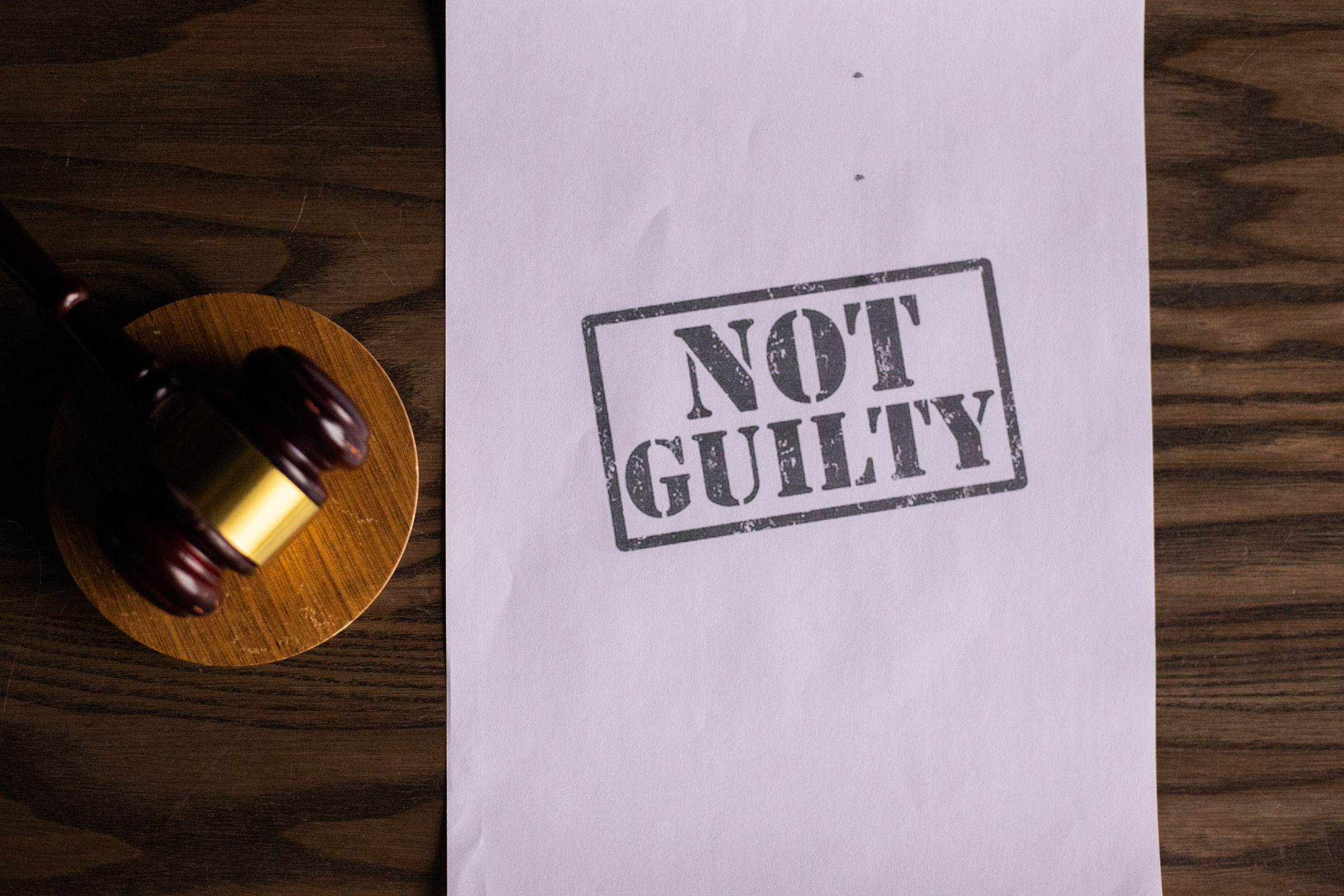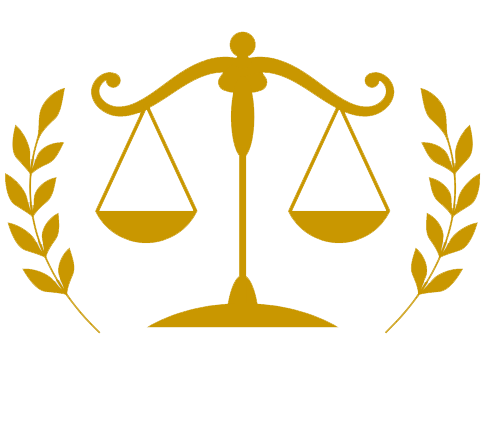Home l Practice Areas l Appeals
Appeals

What Happens After a Criminal Conviction?
In Washington State, after a criminal defendant is convicted and sentenced, the criminal defendant, or a lawyer on behalf of a criminal defendant, can file an appeal to a higher court, asking the court to review the decision of the trial or lower court for legal errors that may have affected the case and the lower court's decision. If the appellate court grants the appeal, it may reverse the decision of the lower court in whole or in part. If the appeal is denied, the ruling of the lower court stands.
What are the Grounds for Appealing a Verdict?
Appeals may be granted for various reasons. The most common grounds for appealing a criminal conviction are legal error, ineffective assistance on the part of your lawyer (a.k.a. counsel), juror misconduct, abuse of discretion by the judge, and new evidence.
Can All Criminal Defendants Appeal?
Being convicted and sentenced does not mean that a criminal defendant who has plead guilty can automatically file an appeal. Typically, in these cases, an appeal will only be granted if an appellate court agrees that the appeal should proceed. If a criminal was convicted by a judge or in a jury trial, there is an absolute right to appeal the conviction. If a defendant is acquitted (found not guilty), a prosecuting attorney may not appeal the verdict.
An appeal is not a retrial of a criminal case; rather, the Washington State court of appeals reviews the proceedings of the trial court to determine if the appeal should be granted. Legal counsel may submit oral arguments in order to clarify points or introduce new evidence.
What Happens if the Court of Appeals Finds the Defendant Guilty?
If the court of appeals finds the defendant guilty, the defendant may appeal their case to Washington State's highest court—the State Supreme Court. Review of cases in the Washington State Supreme Court is limited to a very small number of cases.
Contact Stephen G. Johnson

